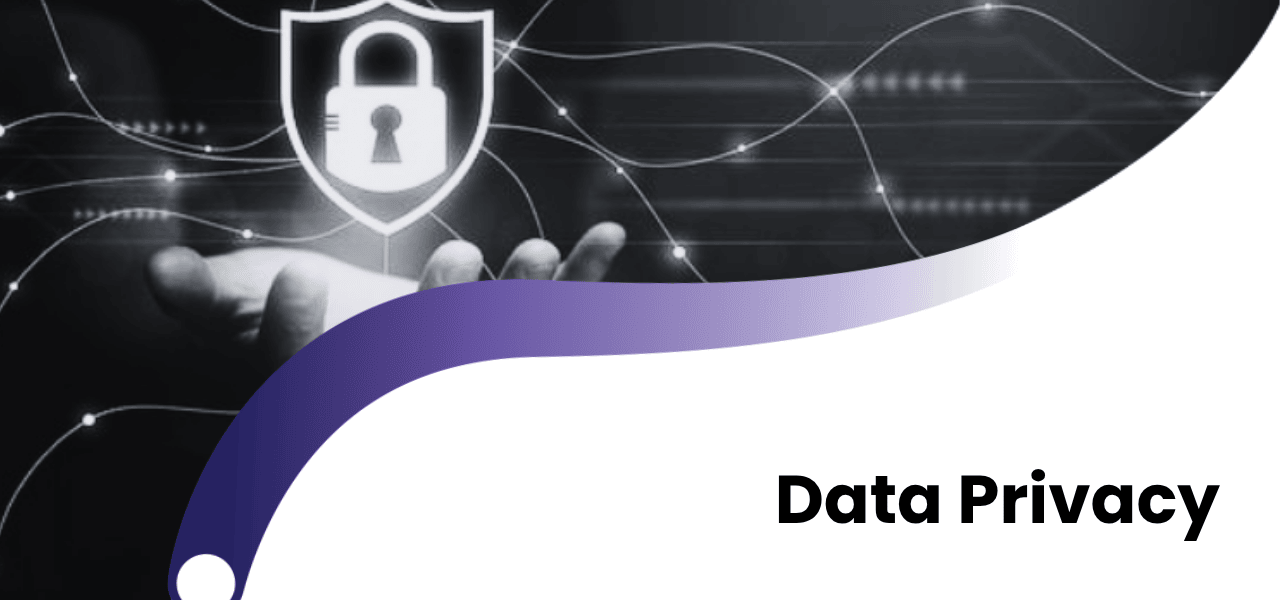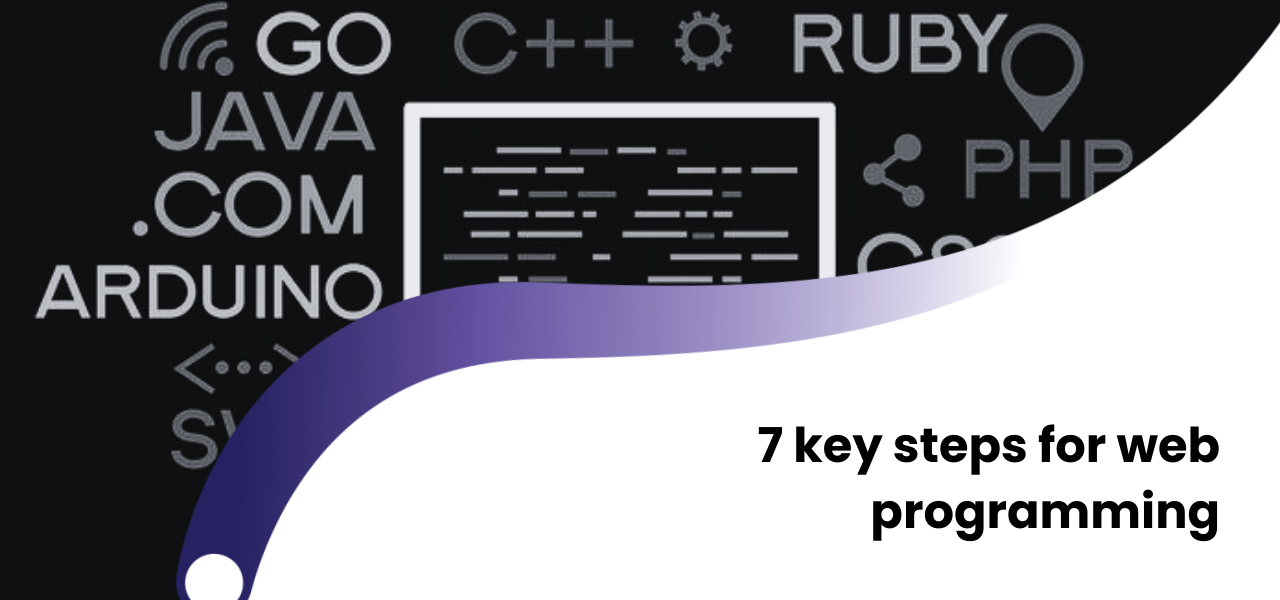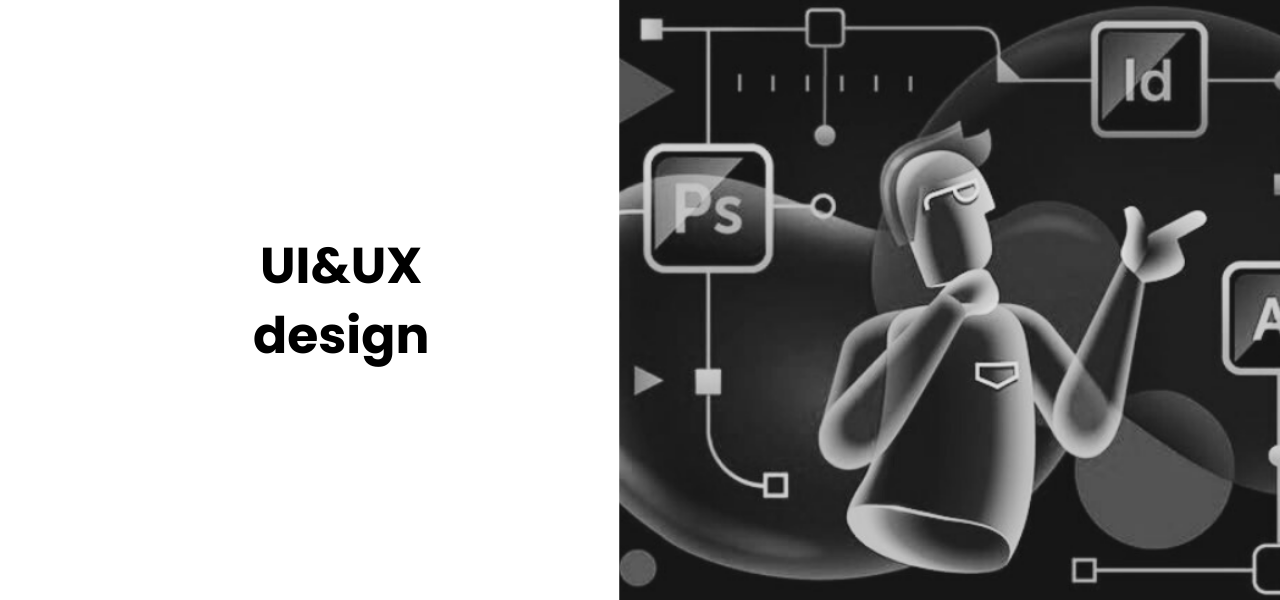Currently, artificial intelligence is widely used, but data privacy causes significant concern among people.
Nowadays, people not only use artificial intelligence (AI) for daily tasks but also discuss psychological issues and seek advice from it. The 2024 Oh Behave report reveals that 65% of people are concerned about AI-related cybercrime, and the majority (55%) have not received any training on safe AI usage.
In general, everything we do generates data. When you like a photo or comment on a post, you are creating data. Many companies use this data to try to understand their customers’ behavior. However, this raises concerns among people about the privacy of their data. For instance, Amazon's Alexa service once mistakenly shared a user's voice recordings and transcripts with another person. In this case, AI shared a customer's data with a third party, violating their right to privacy.
Unlike traditional software, AI processes and stores your data to use in future training models. You've probably seen the phrase “memory saved” when you provide new data to AI. This means the AI creates a memory for your data, which can influence future responses. On the other hand, this data might be inadvertently shared with other users.
So, what does AI do to protect the privacy of this data?
Encryption
All data entering and leaving AI systems is protected using encryption protocols like TLS (Transport Layer Security). This prevents third parties from reading the data during transmission.
Control Over Use of Data in Training Models
The best AI systems (such as OpenAI) allow users to disable the use of their inputs as training data. This way, it’s possible to prevent the information you enter from being used in future models.
Access and Identity Verification Systems
To ensure that data is only accessible by authorized individuals, methods like password protection, multi-factor authentication (MFA), and IP restrictions are used.
Overall, artificial intelligence is a powerful tool. But people are smarter. Especially when it comes to sensitive information, we must be careful while using this technology. You should be mindful of the information you share, act in accordance with company policies, and always prioritize security. By doing so, you'll not only protect your data but also gain the most benefit from AI.
 +994512060920
+994512060920





